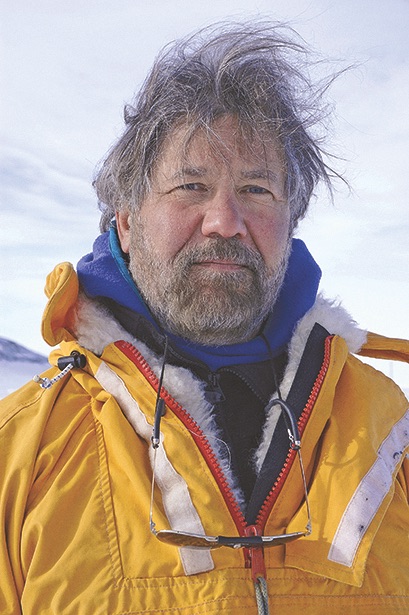History of the Institution
Director’s Welcome
The age of climate decision is here, and our actions will define the course of civilization and the health of our planet.
– Paul Andrew Mayewski, Director & Professor, Climate Change Institute

CLIMATE CHANGE INSTITUTE scientists conduct climate change research around the globe – from the deserts and highlands of Peru through the Andes, throughout the glaciers of the Arctic onto the summit of Greenland, throughout the Himalayas and the Tibetan Plateau, across the vast Antarctic continent, to the rocky shores of Maine.
CCI’s work has led to important discoveries with far-reaching implications, such as the phenomena of abrupt climate change that revolutionized the field of climate science in the early 1990s; the contribution of marine-based ice sheets to past and future sea-level rise; documented retreat and advance of glaciers in Antarctica, Greenland, South America, Asia and New Zealand over the last few decades and millennia with implications for sea-level rise, water resources and ocean circulation; a framework for assessing climate change; demonstration of the unprecedented rise in human source pollutants over the last century and longer; and the impact of climate change on humans and ecosystems.
CCI researchers have extensive field experience and expertise to tackle critical, complex issues related to climate change and human and ecosystem adaptations to changing climates. These issues are extremely challenging, but they are particularly well suited to the character of the Climate Change Institute. Physical, chemical and biological climate change issues are deeply embedded in the fabric of local and global-scale concerns about economy, health, the rise and fall of civilizations, and overall quality of life for humans and ecosystems. Change in the physical and chemical characteristics of the climate system is compelling, and understanding the state of current and future levels of human source pollutants, including greenhouse gases, acids, toxic metals and radioactivity, will define our reality and opportunities in the future.

